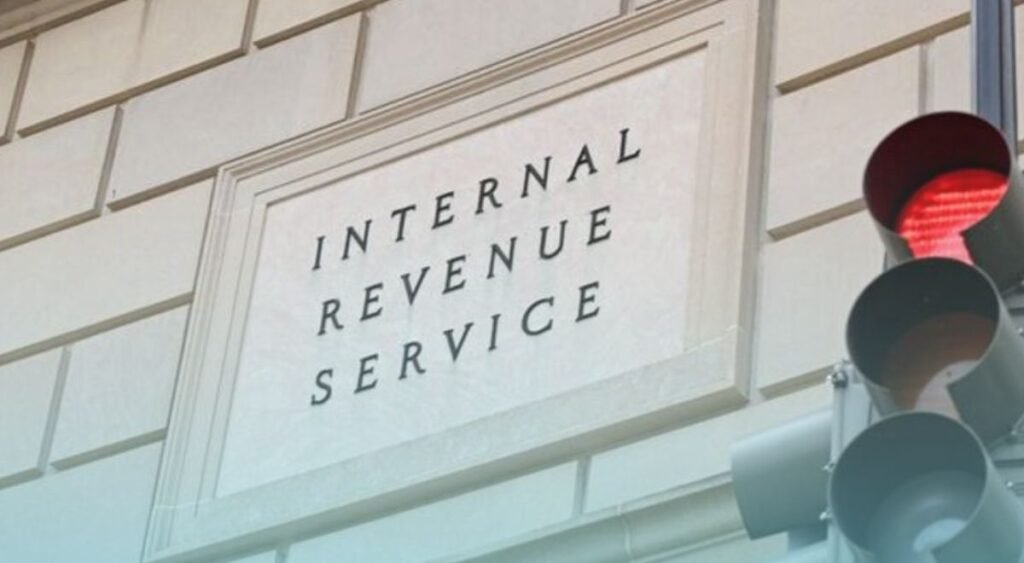On Monday, Charles Littlejohn—the former IRS worker who leaked former President Trump’s tax returns—was given a five-year jail sentence.
While imposing the penalty, Judge Ana Reyes denounced Charles Littlejohn’s actions, stating that the leak constituted an unacceptable assault on their fundamental democracy. In addition, a $5,000 fine and 36 months of supervised release are part of the punishment.
According to the judge, the media informed them. Both lawlessness and darkness were the deaths of democracy. The judge further stated that there were many legal ways to make information public, and Trump did not have to provide his tax returns. Instead, he could run for office and hope that someone else would win.
The maximum punishment permitted by US law, five years, was sought by federal prosecutors because Charles Littlejohn was driven by political motivations and had jeopardized the protection of private information.
Prosecutors claim that Littlejohn applied for a job at an IRS-affiliated consulting firm in 2017 to gain access to and reveal documents on Trump, the president at the time.
Charles Littlejohn’s attorneys claimed earlier in the month that his client had disclosed the information because he had a “deep, moral belief” that the public should be aware of the tax payments made by Trump and other rich Americans.
Before his sentencing on Monday, Littlejohn gave a speech to the court in which he explained that his actions were motivated by a genuine but mistaken sense of duty to the public.
Charles Littlejohn’s revelations, according to Justice Department officials, were unheard of in American history.
They detailed in court documents how Littlejohn examined the IRS systems carefully, studying them in preparation for subsequently hacking them with advanced digital tactics designed to cover his tracks.
Littlejohn utilized wide parameters intended to hide the true aim of his queries, according to U.S. officials, instead of typing search phrases like “Trump” into an agency database.
Littlejohn discovered that IRS procedures might prevent bulk downloads from the organization’s systems, but the Justice Department claims that in November 2018, he “exploited a loophole” by uploading the information he discovered to a personal website he had created.
The judge noted that Littlejohn’s activities constituted a threat to their democracy and likened them to the Capitol attack on January 6, 2021.
Reyes went on to say that it inspires the same anxiety as January 6.
Reyes also took issue with the Justice Department’s choice to file a single count of charges against Littlejohn.
The judge stated that she had no words to describe Littlejohn’s actions, for which he was charged with one crime. The prosecution contended that Littlejohn’s numerous thefts and disclosures are covered by the one count.

When Trump entered the 2016 presidential race, he became the first significant American contender in decades to withhold his tax returns. Following a legal struggle, a panel of the U.S. House of Representatives revealed six years’ worth of his tax documents in 2022.
ProPublica, an investigative news organization, received tax data on “ultra-high net worth taxpayers” that Littlejohn later disclosed. In court records, his defense team stated that he was driven by worries about economic inequality and intended to encourage reforms to the U.S. tax system.
Charles Littlejohn’s Attorney Did Not Name The Private Company Where He Worked
Littlejohn worked for a private corporation at the time of the breaches, but neither the Justice Department nor his attorneys have disclosed the name of the business.
But Littlejohn stated in a newsletter issued in 2008 by the University of North Carolina at Chapel Hill’s economics department—which he had attended—that he had graduated in 2007 and had since joined the consulting firm Booz Allen Hamilton, where he was employed by the IRS.
Also Read: Trump Leads Polls in New Hampshire and Elsewhere Following His Win in the Lowa Caucuses


Leave a Reply